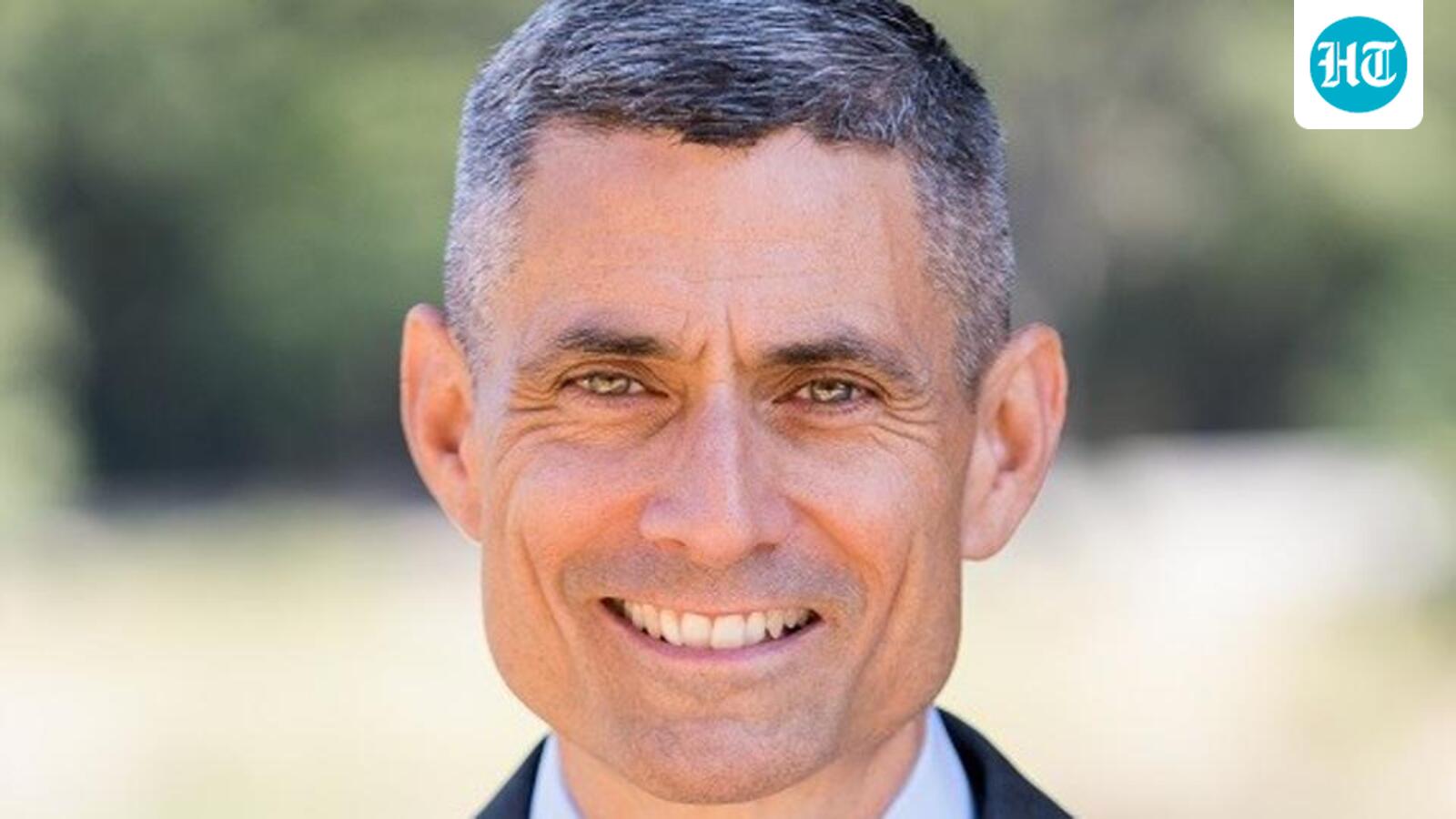Paul Kapur: Indian-origin security expert nominated as US Asst Secretary of State

The United States Senate on Tuesday confirmed Indian-American academic S Paul Kapur as the next Assistant Secretary of State for South and Central Asia. As Assistant Secretary, Kapur will be America’s principal diplomatic official handling ties with India, Pakistan and Afghanistan.
Kapur specialises in South Asian security and has emerged as a leading voice on US-India relations. (Naval Postgraduate School websit)
Born in New Delhi to an Indian father and an American mother, Kapur studied at Amherst University before getting a PhD at the University of Chicago in 1999.
Subsequently, Kapur taught at Stanford University, the US Naval War College and the US Naval Postgraduate School. Kapur specialises in South Asian security and has emerged as a leading voice on US-India relations, nuclear policy and the foreign policies of both India and Pakistan.
In particular, Kapur has emerged as a votary of the US-India relationship and a sceptic of Pakistan due its support for terrorist groups in India and Afghanistan. In his book “Jihad as Grand Strategy”, Kapur concludes that Islamabad has used terrorism as an “extremely important tool” to challenge a more militarily powerful India.
“Militant forces, by contrast, have served as Pakistan’s primary offensive tool. They have started conflicts in which conventional forces have subsequently participated, such as the 1947 and 1965 wars. In addition, Pakistan has used them to wage the Kashmir insurgency and shape the Afghan security environment largely unassisted,” Kapur argues in his book.
Kapur has also been sceptical about the prospects of a closer US-Pakistan partnership. In a 2023 piece for the Observer Research Foundation, Kapur argued that Islamabad had worked against US efforts to stabilise Afghanistan and had been only a “partial ally” in the war against terror. Although he did credit Pakistan with helping the US negotiate an exit from Afghanistan with the Taliban, Kapur also noted that the Taliban’s rise to power in the country owed much to Pakistan’s support.
“And despite apparent Pakistani crackdowns on terrorist organisations, including the arrest and imprisonment of Lashkar-e-Taiba (LeT) chief Mufti Mohammed Hafez Saeed, other important terrorists, including senior LeT leaders, remained at large in Pakistan,” Kapur added.
As a result, Kapur has generally opposed closer security ties with Pakistan. He publicly questioned the Biden Administration’s decision to grant a $450 million sustainment package for Pakistan’s F-16 fighter jets in 2022, a move that caused significant controversy in India. Kapur stated that Washington’s desire to build closer defence relations with Pakistan would only hurt its ties to India, which would see America as untrustworthy.
“But American leaders must abandon their decades-long dream of achieving strategic convergence between the US and Pakistan. Efforts to pursue it through measures such as expanded security assistance will not come to fruition. And they will damage the US’ real strategic interests in South Asia and the Indo-Pacific,” Kapur wrote in 2023, while arguing that the US should pursue a policy of limited engagement with Pakistan.
Meanwhile, Kapur has backed a stronger India-US partnership.
“The United States–India strategic partnership has a natural, seemingly inevitable quality about it. The need to ensure a free and open Indo-Pacific region, balance rising Chinese power, and enhance prosperity through trade and other economic cooperation creates incentives that are very strong,” Kapur wrote in a report for the Hoover Institution.




